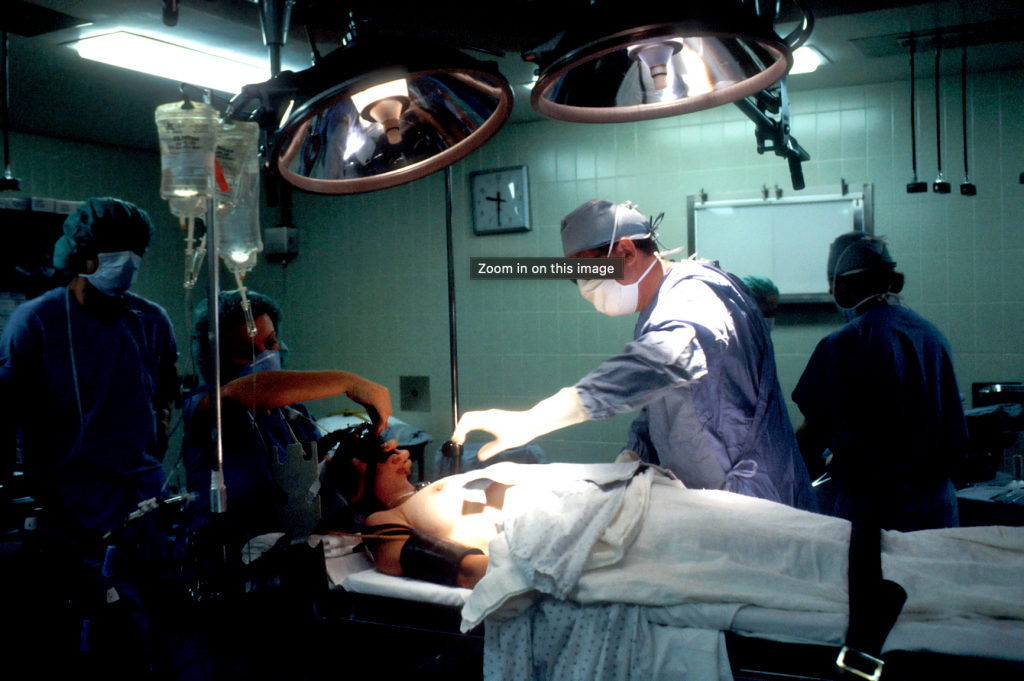Pancreatic cancer is a complex disease with varying stages of progression, each requiring a tailored approach to treatment. Surgery plays a critical role in the management of pancreatic cancer, but its applicability and effectiveness depend on the stage of the disease. In this article, we will explore the role of surgery in stage-specific pancreatic cancer treatment and how tailoring care to individual patients can lead to better outcomes.
- Early-Stage Pancreatic Cancer (Stage I and II):
- For patients with early-stage pancreatic cancer, surgery offers the best chance for long-term survival and potential cure.
- The primary surgical approach for early-stage pancreatic cancer is pancreaticoduodenectomy (the Whipple procedure) for tumors located in the head of the pancreas and distal pancreatectomy for tumors located in the body or tail of the pancreas.
- Surgery may be combined with adjuvant therapies such as chemotherapy or radiation therapy to further reduce the risk of recurrence.
- Locally Advanced Pancreatic Cancer (Stage III):
- In locally advanced pancreatic cancer, where the tumor has spread to nearby blood vessels or organs but has not metastasized to distant sites, surgery may still play a role in select cases.
- Surgical options for locally advanced pancreatic cancer may include vascular resection and reconstruction, where the surgeon removes and reconstructs involved blood vessels to achieve complete tumor removal.
- Neoadjuvant therapy, which involves chemotherapy and/or radiation therapy before surgery, may be used to shrink the tumor and improve the likelihood of successful surgical resection.
- Metastatic Pancreatic Cancer (Stage IV):
- In metastatic pancreatic cancer, where the cancer has spread to distant organs or lymph nodes, surgery is typically not considered a curative option.
- Instead, the focus of treatment for metastatic pancreatic cancer is on palliative interventions aimed at improving quality of life and symptom management.
- Palliative surgical procedures such as biliary or gastric bypass may be performed to relieve symptoms such as jaundice or gastric outlet obstruction caused by the tumor.
- Patient Selection and Multidisciplinary Care:
- The decision to proceed with surgery for pancreatic cancer involves careful consideration of various factors, including the stage of the disease, tumor characteristics, patient’s overall health, and treatment goals.
- Multidisciplinary collaboration among surgeons, medical oncologists, radiation oncologists, radiologists, pathologists, and other specialists is essential for developing individualized treatment plans and optimizing outcomes.
- Patient selection criteria for surgery may include performance status, comorbidities, tumor resectability, and response to neoadjuvant therapy, among others.
- Advancements in Surgical Techniques and Technology:
- Ongoing advancements in surgical techniques, such as laparoscopic and robotic-assisted surgery, have expanded the feasibility and safety of pancreatic resection, even in complex cases.
- Minimally invasive approaches to pancreatic surgery offer potential benefits such as shorter hospital stays, faster recovery times, and reduced postoperative complications.
- Surgeons with expertise in minimally invasive techniques can achieve comparable oncologic outcomes to open surgery while minimizing surgical trauma.
Conclusion: Surgery plays a crucial role in the management of pancreatic cancer across different stages of the disease, from early-stage resectable tumors to locally advanced and metastatic disease. By tailoring care to individual patients based on tumor stage, characteristics, and treatment goals, healthcare providers can optimize outcomes and improve quality of life for patients with pancreatic cancer. Multidisciplinary collaboration, patient selection criteria, and advancements in surgical techniques and technology continue to enhance the feasibility and effectiveness of surgery in the treatment of pancreatic cancer.

